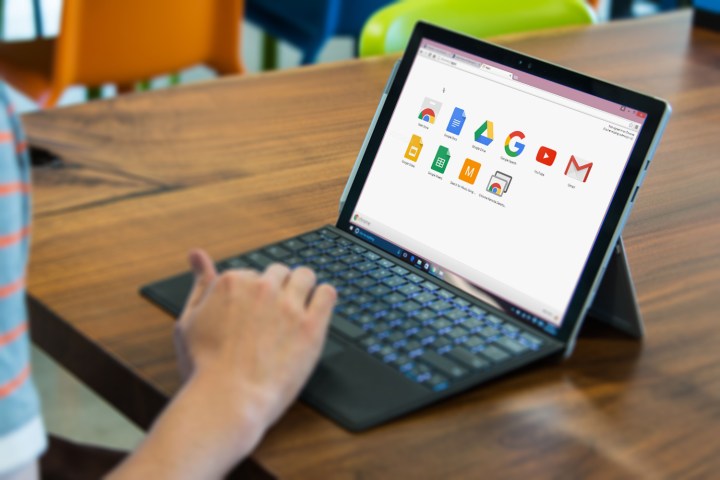
Google may be considering a change to how Chrome handles tabs, making it easier and more effective for multi-taskers to manage multiple tabs that are running on the browser. A new code change request and subsequent bug discovered by Chrome Story suggests that Google is working on a new Tab Groups feature that would allow users to organize tabs by various different tasks.
Though not a lot of details are known about this propose feature, the Chromium project bug log described Tab Groups as a feature where “users can organize tabs into visually distinct groups, e.g. to separate tabs associated with different tasks.” From the description, it appears that Tab Groups could also help users de-clutter all the opened tabs inside the Chrome browser, similar to how Apple’s new Stacks feature inside MacOS Mojave helps users keep their Mac desktops clutter-free by allowing users to group related files into a “stack.”
“From our understanding, this feature would allow users to create a sort of ‘folder’ to house a select group of tabs and keep them in one place,” 9to5 Google speculated on how Chrome’s Tab Groups will work. “Alternatively, it could also be a bookmarks-esque feature which keeps commonly used sites in one location for easy access.” For users who open multiple tabs simultaneously, Tab Groups could allow you to group all your news sites into one grouped tab, productivity services — like Google Docs, Sheets, and Slides — into another group, and bookmarks into a third group. At this time, it’s unclear if and when Google will start commence testing of Tab Groups inside its Canary, beta, or developer channels of Chrome.
At present, there are third-party Chrome extensions — like Tab Group — that offer similar functionality to what Google’s Tab Groups proposes, but this would be the first time that we’re hearing of a native system to help manage and organize tabs in Chrome. A native solution would allow Chrome users to gain the same experience without the risk associated with relying on a third-party service. Even if an extension is developed by a trusted source, it could later be sold to another developer. That developer may have different privacy requirements or could change the code so that the extension functions or behave differently than the original version.
Editors' Recommendations
- 5 web browsers you should use instead of Google Chrome or Edge
- Google may build Gemini AI directly into Chrome
- Google brings AI to every text field on the internet
- Google just settled a $5B privacy suit involving Chrome browser
- Hear me out — Windows on ARM could actually work this time
